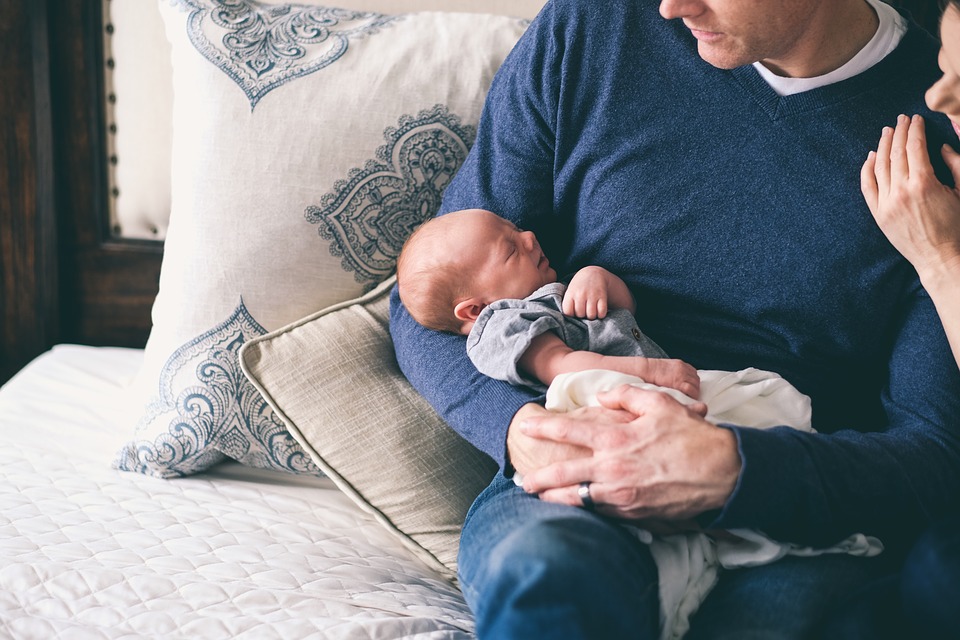Although, it’s clear how snuggling your baby can strengthen the bond you have with them, what you may not realize is that there are a considerable number of other benefits that your baby could be gaining.
Several of these are well-established, while others have only recently been studied and revealed. One such recent study looked at the genetic impact of snuggling on a baby.
This study was done at the British Columbia Children’s Hospital Research Institute by researchers from the University of British Columbia. It was published in the Development and Psychopathology journal and looked carefully at the biochemical changes that can happen in a baby at the molecular level when they get comforting physical contact.
Previous studies have already confirmed many of the benefits that physical affection has on babies. Babies that are born prematurely or find themselves in the NICU after birth tend to gain weight faster and get out of the NICU sooner when they receive regular skin-to-skin contact.
Other studies have linked an improved ability to learn new words with comforting physical touch.
British Colombia researchers followed a group of infants from 5 weeks until they were around 4 and a half years old. Parents were asked to record sleeping, crying, and feeding patterns. They also had to track how much physical contact they gave to their children. At the end of the study, DNA samples were taken from the children with a cheek swab.
The researchers studied a particular genetic process known as DNA methylation. This method determines how specific active genes are which then determines how those genes act on the body. Although many genes are equally active, there are others that are more or less active depending on some factors, several of which appear to be external.
As the study revealed, one such external factor is how much physical contact these children had with their parents or other caregivers. It was determined that the two areas of DNA that were most affected by an increase of methylation involved metabolism and the immune system.
These changes were more prevalent in children who were snuggled and held more.
Furthermore, the research revealed that those children who spent more time in distress but got less physical contact had a less developed genetic structure than they should at their age. Researchers noted that some other recent studies found a connection between poor health and a measurable gap between chronological and epigenetic age.
Further research is needed to determine the long-term effects that these changes in DNA and whether or not they impact the child for the rest of their life, or if it’s a temporary change. Either way, it’s clear that babies who spend more time being held and cuddled by others have a better immune system and are further ahead developmentally compared to those who are held less.
For parents, this is excellent news, and even more, motivation to spend as much time snuggling their babies as they can. After all, there are a huge number of benefits that babies can gain from being held and getting a comforting physical touch. It can help them develop normally and boost their immune system at a genetic level to help keep them healthy.
















